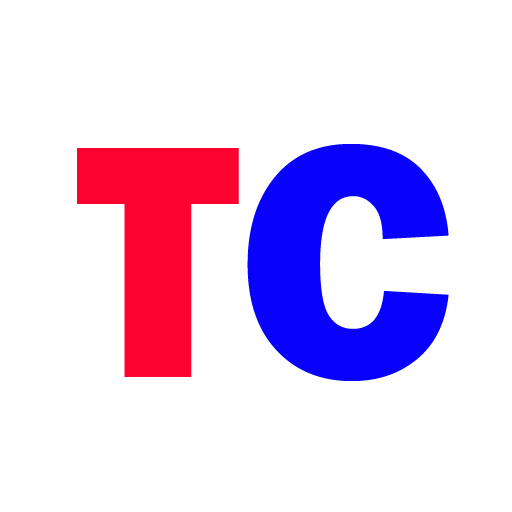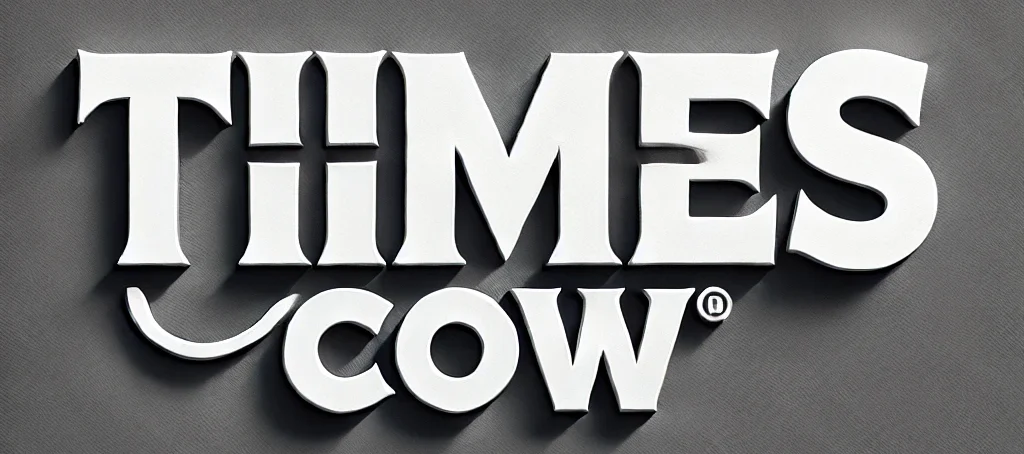
A bomb blast in Moscow has killed Lieutenant General Igor Kirillov, the chief of Russia’s Radiological, Chemical, and Biological Defence Troops, in an incident that has sent shockwaves through the country. The attack, which took place on Tuesday, involved an explosive device hidden in an electric scooter outside an apartment building on Ryazansky Prospekt, according to Russia’s Investigative Committee.
Kirillov, a high-ranking figure in charge of Russia’s nuclear protection and chemical defence forces, was killed alongside his assistant. The investigative committee confirmed the deaths and launched a criminal investigation into the bombing.
Details of the Attack
Reports indicate that the explosive device had a capacity equivalent to 300 grams of TNT, according to Russian state news agency TASS. Eyewitnesses described a chaotic scene, with photographs on Russian Telegram channels showing a shattered building entrance, debris scattered across the area, and two bodies lying in blood-stained snow.
Residents of the apartment complex, where the bomb detonated, have long complained about the absence of adequate surveillance cameras, further complicating the investigation. Al Jazeera’s Moscow correspondent, Maria Shapovalova, reported:
“Residents … have been complaining for years about the lack of normal video surveillance. The cameras were not recording what was happening on those blocks of flats.”
The absence of surveillance footage has left law enforcement authorities reliant on forensic evidence and eyewitness accounts.
Kirillov’s Role and Rising Tensions
Lieutenant General Igor Kirillov led Russia’s Troops of Radiological, Chemical, and Biological Defence, specialized forces responsible for operating under conditions involving radioactive, chemical, or biological contamination. His role placed him at the center of Russia’s military strategy, particularly amid growing accusations of chemical weapons use in Ukraine.
Kirillov’s death comes just a day after Ukrainian prosecutors charged him in absentia for the alleged deployment of banned chemical weapons on the battlefield, according to Ukraine’s Security Service (SBU). Ukraine claims these weapons were used against its forces, while Russia has categorically denied the allegations.
The charges reflect heightened scrutiny of Russia’s use of chemical agents in the conflict. Ukraine’s SBU reported that since February 2022, it had documented over 4,800 instances of chemical weapon use, including K-1 combat grenades.
International Pressure and Sanctions
Kirillov and Russia’s nuclear protection forces have faced increasing international condemnation. In October 2023, the United Kingdom sanctioned Kirillov for alleged involvement in the use of riot control agents and the toxic chemical chloropicrin in combat.
Chloropicrin, a prohibited choking agent with origins in World War I, is banned under the Organisation for the Prohibition of Chemical Weapons (OPCW). Despite Russia’s insistence that it has no active chemical weapons arsenal, its use of chemical agents has been widely reported on the battlefield.
The Kremlin remains under intense pressure to address these allegations, as demands for transparency grow from both Ukraine and the international community.
The Fallout and Broader Implications
The assassination of a senior military figure like Igor Kirillov represents a significant escalation in the conflict and raises concerns over security vulnerabilities within Russia. The attack’s timing – amid heightened tensions with Ukraine and international scrutiny over chemical weapons – underscores the challenges Russia faces both militarily and diplomatically.
As Moscow grapples with the fallout from Kirillov’s killing, questions remain about the origin of the attack, its perpetrators, and what it signals for Russia’s internal security apparatus. The Investigative Committee’s probe is ongoing, but the incident will likely exacerbate fears of targeted attacks against senior military and political figures.





